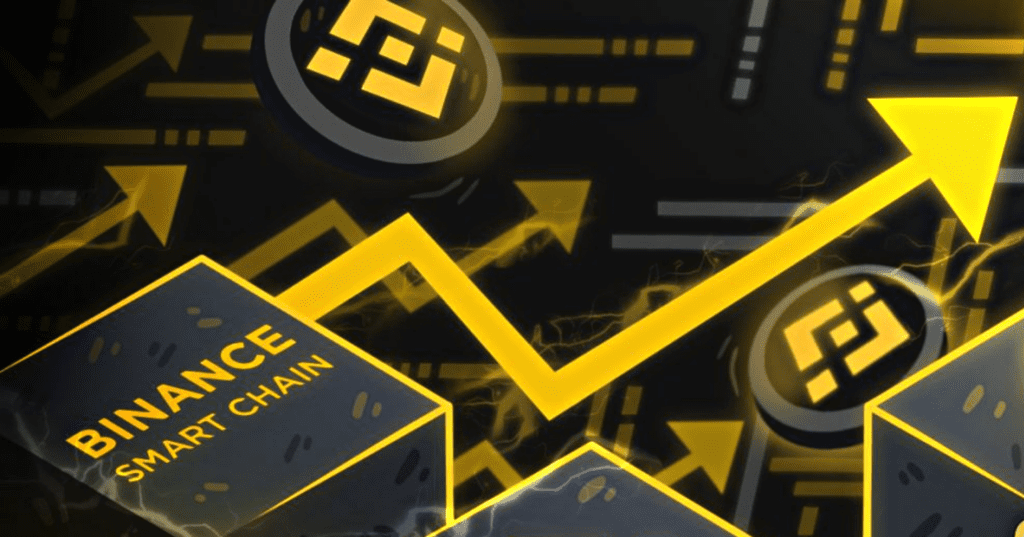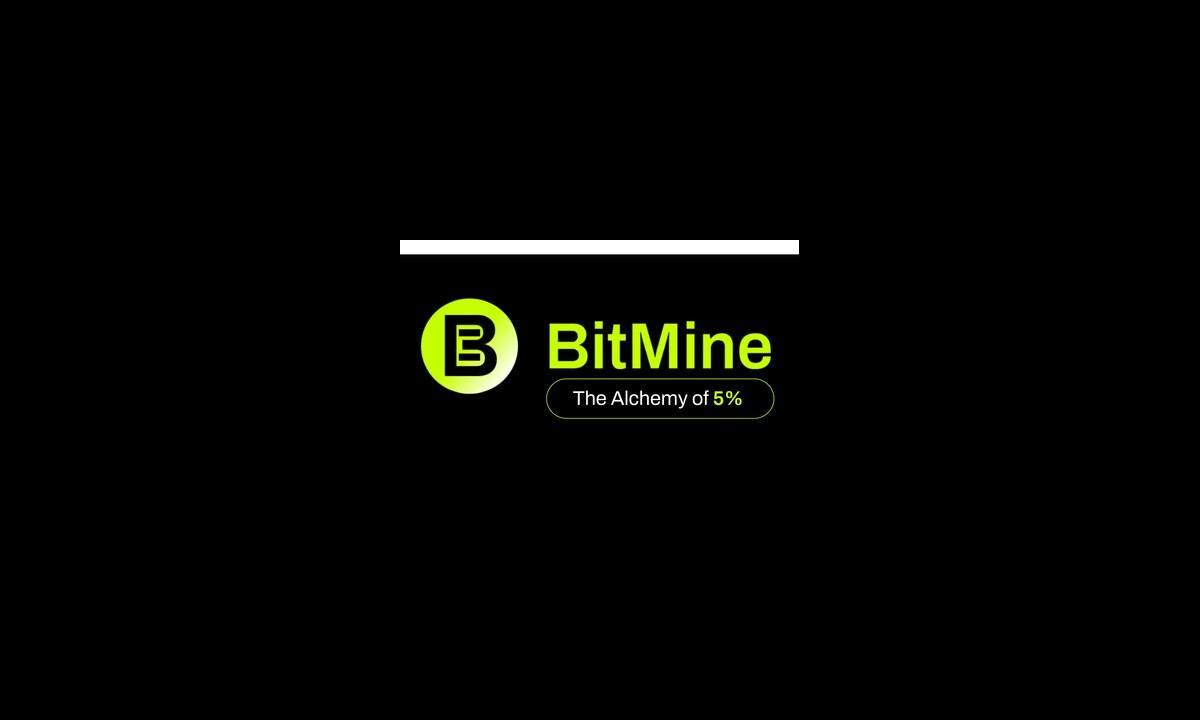Key Points:
- BSC validators should adopt a more flexible approach towards transaction fees, enabling users to choose fees below the current 5 gwei rate, with options to go as low as 3 or 4 gwei.
- The proposal of BNB Chain aims to enhance sustainability, attract new users, and optimize block utilization, benefiting both BSC L1 and L2.
Blockchain users have noted the need for a more flexible transaction cost distribution on the BNB Chain (BSC). Layer 2 (L2) solutions are increasingly popular, providing cheaper transaction fees than BSC’s Layer 1 (L1) fees.

BSC’s transaction costs are relatively high compared to L2 solutions, which may not be appealing to users. As a result, there is growing competitive pressure on BSC to maintain its market share. Over the past six months, the network’s key measurements have plateaued, and utilization has varied between 15-20%. BSC validators must feel the urgency to reassess their current transaction fee structure to prevent slower growth compared to rapidly growing L2 solutions.
The proposed solution is for BSC validators to adopt a more flexible approach towards transaction fees, enabling users to choose fees below the current 5 gwei rate, with options to go as low as 3 or 4 gwei, depending on their financial needs. This change would make BSC L1 more attractive than other ecosystems’ L2 solutions and provide a competitive advantage for potential BSC L2 solutions. Furthermore, the upcoming Greenfield Decentralized Data Storage System will attract new users and bring new traffic toward BSC.
High transaction volume on BSC would offer substantial value for BSC validators, maintaining a strong financial incentive to participate as validators. This approach would yield the following benefits:
- Enhanced sustainability: Allowing projects to be more sustainable and providing a strong economic incentive for new projects to migrate to BSC. Lower transaction fees would help sustain the blockchain economy during low-volume periods.
- Attracting new users: Offering lower fees on L1 with high throughput utilization could attract new users to the BSC ecosystem, promoting growth and improving BSC’s market position.
- Optimized block utilization: By attracting new users, validators can better utilize each block’s capacity and increase their overall rewards.
By implementing this proposal, both BSC L1 and L2 would benefit from increased competitiveness and market adaptability, creating a win-win solution for the entire ecosystem.
DISCLAIMER: The Information on this website is provided as general market commentary and does not constitute investment advice. We encourage you to do your own research before investing.
Join us to keep track of news: https://linktr.ee/coincu
Thana
Coincu News























